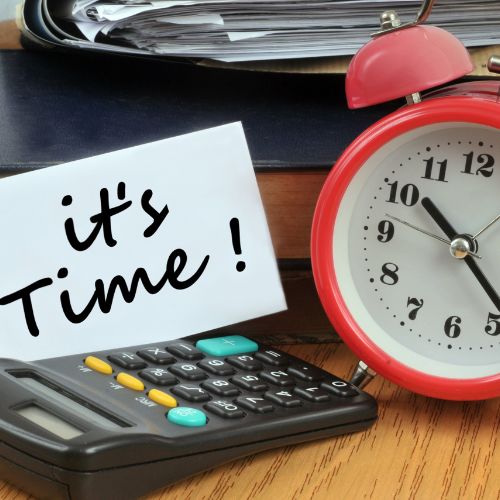If you have ever struggled to keep control of your assets, it’s probably time that you switched to asset management software. When you do, you could find that controlling all of your assets is far easier than you realised.
Realistically, you could know where all of your assets are, all of the time. You just need to make sure that you use an asset register format that offers you everything you need. When you use the right format, your daily working life could be so much easier.
Why It Makes Sense To Make The Switch
Ultimately, it makes sense for you to switch to asset management software because it keeps things organised. If you are the type of person who likes the stay organised then there’s absolutely no question about you enjoying the switch over.
Imagine being able to control all of your assets at the touch of a button. As long as you can connect to the Internet all you need to print off a report. These are just some of the reasons why it makes sense to make the switch today. The sooner you do, the sooner you can take full advantage of all of the features that your chosen management software has to offer.

How To Make The Switch
Don’t worry, switching to a new asset register format tends to be a lot less arduous than switching electricity suppliers. It’s also usually much easier than changing broadband suppliers. All that you need to do is stop using your old spreadsheet, notepad, or out-of-date software. What you need to do is create a digital profile for each of your assets. You can do this by fixing a QR code to each asset and scanning it.
As soon as you have created a digital profile, you can add a bit of information about each asset. This information needs to be added to the profile. You can add a lot of information, should you wish to, or the bare minimum.
Ideally, when you are using your chosen asset register format You will include information information such as:
- The asset’s make and model
- The colour, if applicable
- The size and weight, if applicable
- The serial numbers
- The insurance and warranty details
- A photograph for, easy identification
- The maintenance schedule
- And any other relevant information
Once all of the above information has been added to the profile, the asset is ready to be used and tracked.
The Type Of Assets You Can Track
What type of assets can you track? The answer is that you can track anything. That’s right, anything. You can track fixed assets, vehicles, machinery, computers, laptops and tablets. You can track equipment, tools, and everything in between. Irrespective of the type of business that you have, how long you have been trading, and even where you are located, you can track all of your assets.
Your brand-new asset register format can let you track anything at any time. You can track some of your assets or all of your assets. The choice is yours.
The Benefits Of Switching To Asset Management Software
Some of the benefits of switching to asset management software include:
- Always knowing where all of your assets are
- Saying goodbye to ghost assets
- Always being able to report issues with these
- Getting used to having assets that are always well-maintained
- Creating exportable reports as and when you need them
- Creating historical data for your exportable reports as soon as you begin, using a new asset register format
- Being able to assign assets to specific people at any time
- Having access to your asset register via any device, you wish
- Knowing that all of your assets are safe and sound
- Getting used to having peace of mind
These are just some of the benefits that are associated with making the switch to asset management software.
Why You Should Make The Switch Today
It makes complete sense for you to switch to using a new asset register format today. Modern asset management software has been made so that it’s easy to use. When you do use it you could find all of those tasks that take far too long to complete now completed automatically.
You could also find that when you make the switch, your asset register is more accurate. Human errors are less likely to occur and you could have a complete picture of all of your assets. You could see what you have in stock, where they are, if they are in the right location and so much more. Ultimately, making the switch today could mean your business could start to run more smoothly.
Would you like to chat with an expert about using an asset register format that works for you? Contact us today at team@itemit.com.
The Ultimate Guide to Asset Tracking
Choose a better way to track your assets
Start your free 14-day trial now
Instant access. No credit card details required.
Related articles

